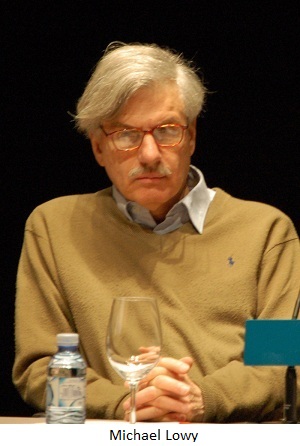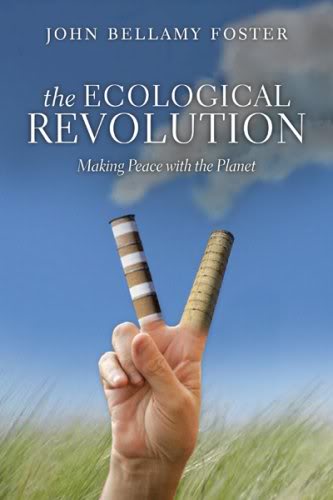Eco-Socialism & Green Socialism
- Ayrıntılar
- Kategori: Political Ecology
Science & Equality demand Climate Socialism for Climate Crisis
Science and equality in the face of a worsening Climate Emergency dictate Eco-Socialism, Climate Socialism and Green Socialism to save Humanity and the Biosphere. Unaddressed man-made climate change is set to kill 10 billion people this century. Already the species extinction rate is 100-1000 times greater than normal. Sloppy, non-scientist arguments about the asserted greater economic efficiency of capitalism fall flat in the face of capitalism’s failure to address the acute problem of man-made climate change that is increasingly impacting a global avoidable mortality holocaust in which 18 million people die avoidably each year in the Developing World (excluding China).
The purpose of a "society" is surely the common good, but capitalists justify the increasing proportion of the cake taken by the wealthy since the 1960s by the claim that capitalism is superior to socialism in wealth creation (for a discussion of the increasing proportion of the cake taken by the rich see Gavin Kelly, “Wanted: a new purpose for British capitalism” (New Statesman, 16 February 2011).
However man-made climate change has radically changed the equation even if the politicians, media, voters and Capitalist Establishment of the Western Murdochracies and Lobbyocracies haven't yet got the message due to Mainstream lying by omission, lying by commission and remorseless obfuscation (for details see “Mainstream media censorship” and “Mainstream media lying” websites).
Thus top climate scientists argue for drastic economic decarburization if the world is to avoid a disastrous 2C temperature rise (EU policy). According to Professor Schellnhuber (Potsdam Institute, Germany) the World must achieve zero (0) carbon dioxide (CO2) emissions by 2050 and (all men being equal with equal shares in atmospheric pollution) that means that high per capita polluters such as the US and Australia must reach zero by 2020 with India able to increase pollution before finally ceasing by 2050.
Based on UN Population Division population projections, Australia’s 2020 annual per capita Domestic plus Exported GHG pollution is accordingly projected to reach 1319 Mt CO2-e/ 23.4 million people = 56 tones CO2-e per person per year, 62 times that of Bangladesh, a densely populated country acutely threatened by inundation from mainly First World-imposed GHG pollution.






 The idea for this ecosocialist manifesto was jointly launched by
The idea for this ecosocialist manifesto was jointly launched by 
 John Bellamy Foster is editor of the US socialist journal
John Bellamy Foster is editor of the US socialist journal 


